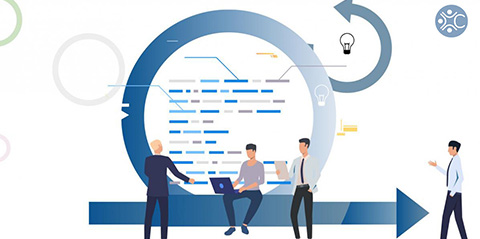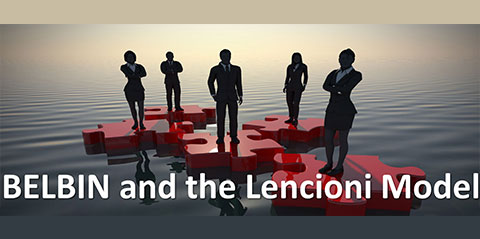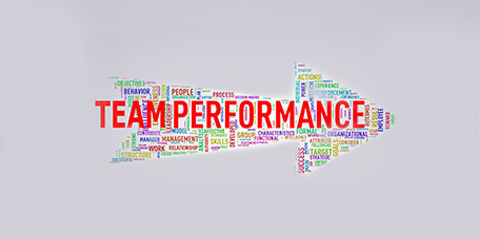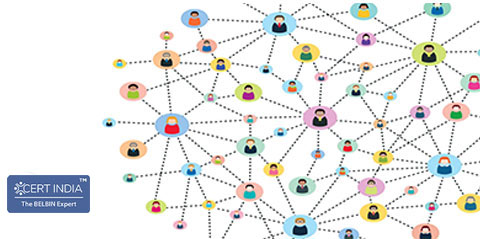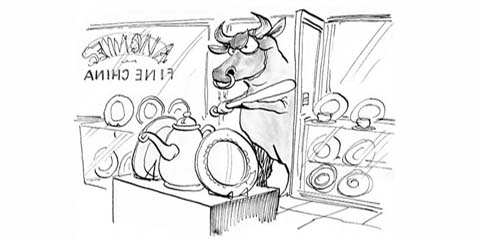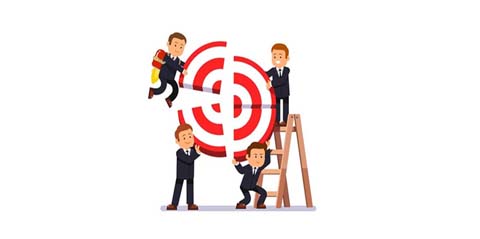Did you know SEPTEMBER 21ST IS WORLD GRATITUDE DAY?
Consider this.. More than a quarter of us (29%) feel undervalued in our current role! With a significant proportion of our time being spent at work, either in the office or working remotely, expressing and receiving gratitude can have a real impact on company culture, working environment, engagement and retention.
It turns out that, in many cases, the simple act of a manager taking the opportunity to say ‘thank you’ could be enough to demonstrate value, keep them happier in their jobs, help retain good people and detox the workplace!.
But how do we go about it? Not all of us are okay with a public display of gratitude.. even as simple as clapping or cheering! Some of us have our own preferences in how we want to be thanked.
What about those of us who have been on the other side, of expressing gratitude? Here too, there are preferences in how we express our thanks. Some of us keep it very brief, some of us are very elaborate.. and there is a whole range of body language that goes with it!
So, how do we crack the code on "Thank You"? Belbin Team Roles can help!
If you are new to Belbin Team Roles, go here to get a perspective of what the 9 Team Roles are, and then continue savouring the so many flavors of "Thank You"..
Shaper
Shapers say thank you here and now, while it’s relevant. Job done. No big deal.
Top tip for Shapers saying "Thank You" – Think first. Is this really the time and place?
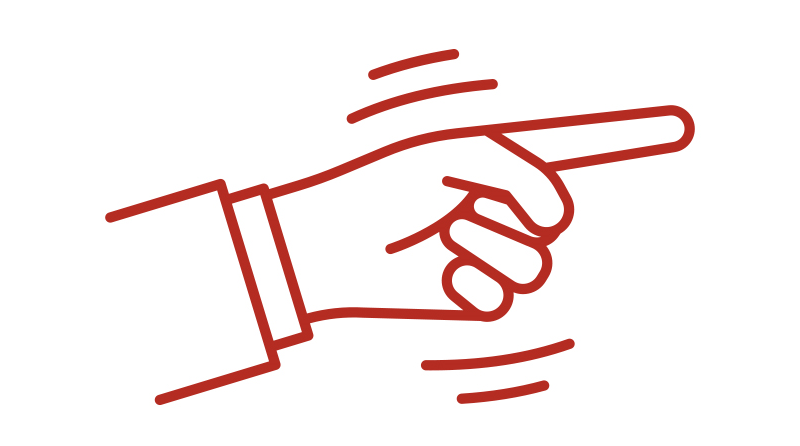
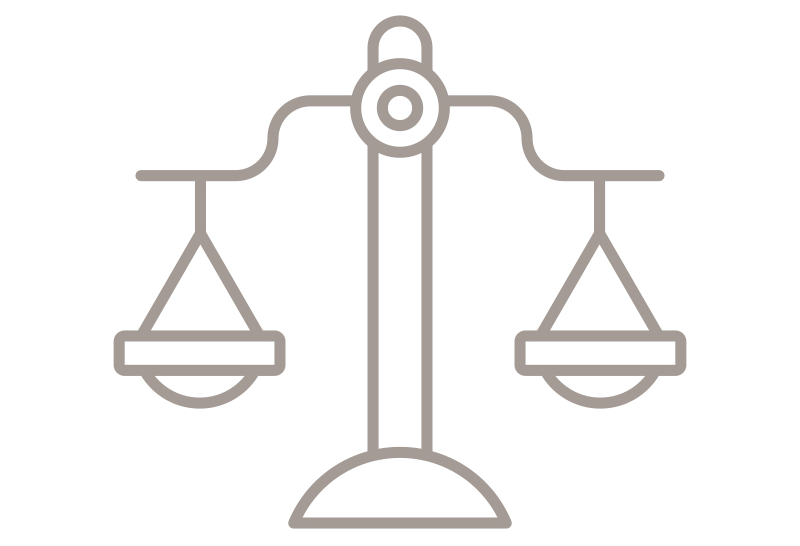
Monitor Evaluator
ME's will most likely wait, consider whether gratitude is duly warranted, and then offer thanks in a dispassionate way – no emotion involved.
If you are an ME saying "Thank You", consider this – by taking time, have you lost the moment?
Plant
Hmm.. Plants are most likely lost in their own thoughts and didn’t notice that thanks were needed!?
If you are a Plant and often miss saying "Thanks".. here is your lightbulb moment – Ask a trusted colleague to give you a ‘heads-up’ as to when you need to be more ‘in the moment’.

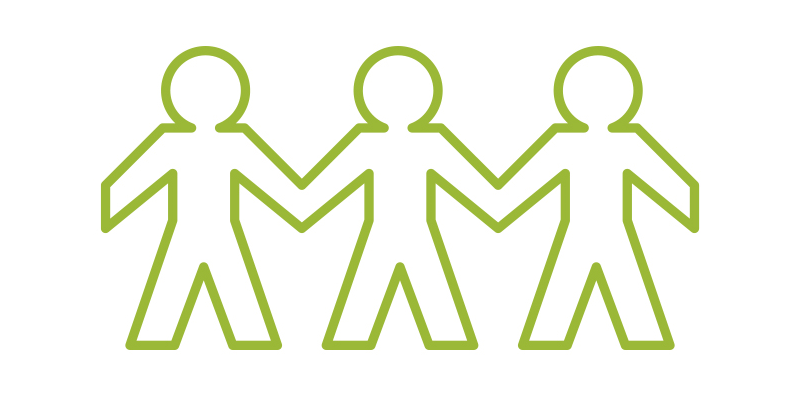
Teamworker
TWs are no doubt natural at this. They’re empathic and perceptive enough to ascertain what is needed – and when.
Are you a TW? Yes? Remember this.. Don’t overdo the ‘thank yous’ – you don’t want them to lose their meaning.
Specialist
SPs are most likely to offer gratitude for help that coincides with what they’re interested in, or working on.
In case you are a SP, try to avoid being seen as insular, ensure that you recognise the importance of all contributions to the work at hand.


Co-ordinator
Adept at uncovering hidden talents in the team and getting the best out of people, they are also good at figuring out how their people like to be thanked.
Sounds like you? Top tip – Don’t delegate the Thank Yous to another member of the team!
Resource Investigator
Very likely to be effusive with thanks – provided they remember – and are able to find just the right words to make people feel good about themselves.
RI's watch out, though – because of your natural enthusiasm, others may doubt your sincerity. Show that you mean what you say.

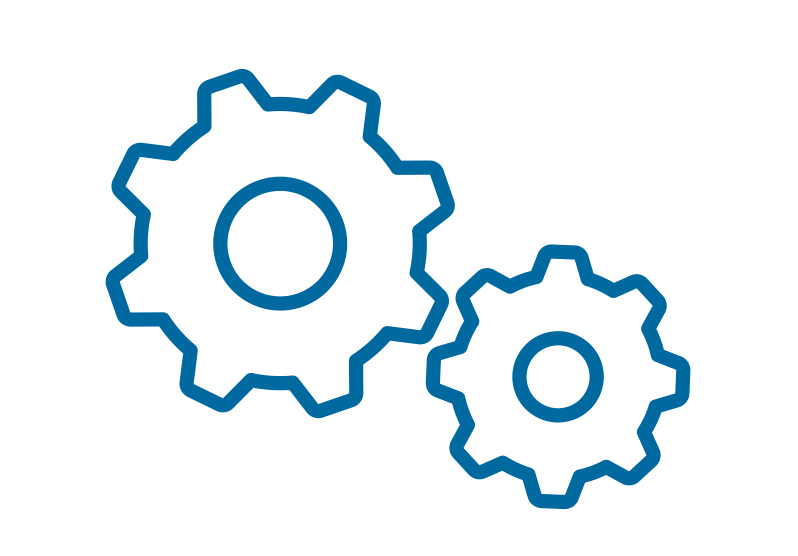
Implementer
Most often believe drawn-out celebrations of achievements get in the way of getting things done! Much quicker to send a group email. Wasn't 'Reply all' was made for this?
Here's a tip to the IMP in you.. Saying thanks isn’t about efficiency, it’s about recognition. Take the time to thank people individually and sincerely.
Completer Finisher
Will probably spend time listing each person’s accomplishments in detail and embellishing the card being sent.
Top tip for the CF – Recognition is important, but others will be ready to move on to the next challenge. Don’t gild the lily!

What’s the best ‘thank you’ you’ve received, and why was it special to you?
* Research carried out by The Institute of Leadership.
This article is adapted from www.belbin.com










